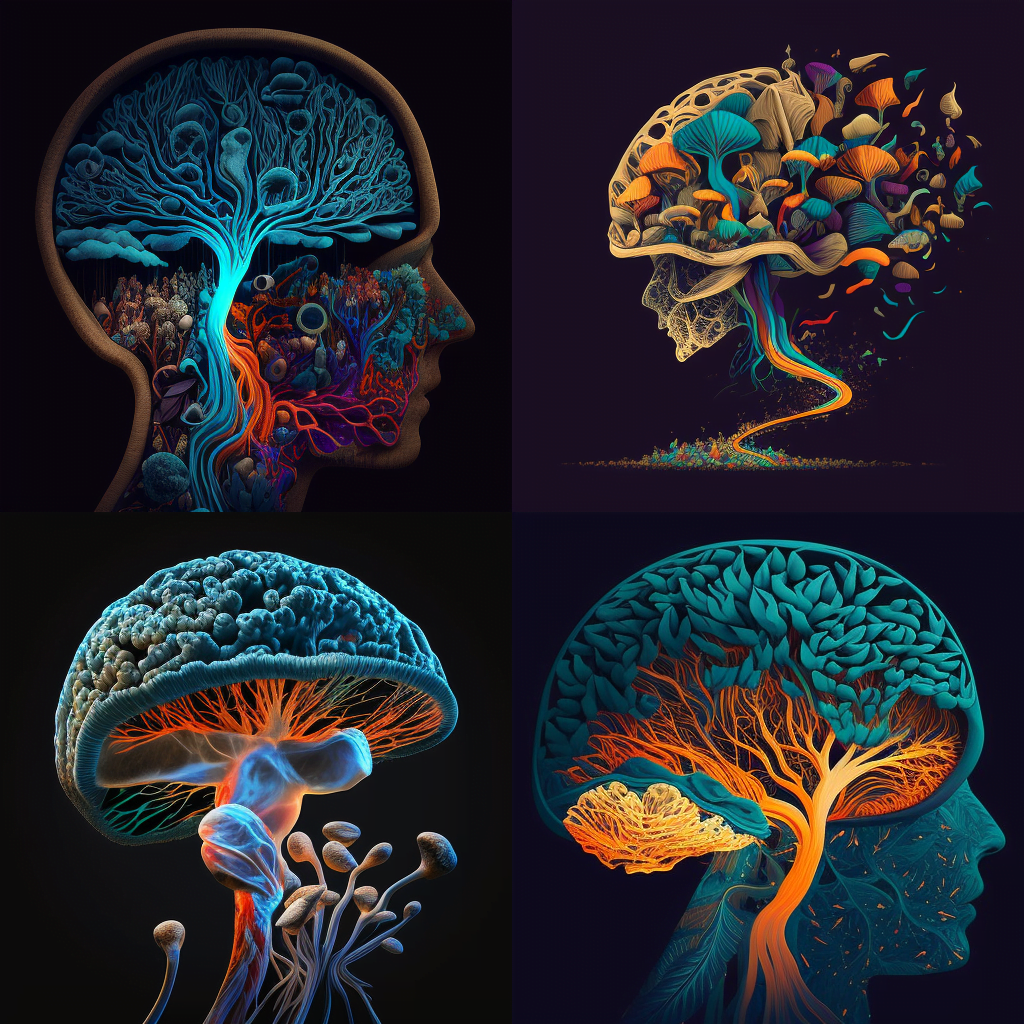
Psilocybin micro-dosing is a trend that has gained popularity in recent years due to its reported effects on cognitive function, including memory retention and learning. This article will explore what psilocybin micro-dosing is, its benefits and potential drawbacks, and how it affects memory and learning. We will also discuss the current state of research on the topic, as well as potential future directions for research.
What is Psilocybin Micro-Dosing?
Psilocybin is a naturally occurring psychedelic compound found in certain species of mushrooms, commonly known as “magic mushrooms.” Micro-dosing involves taking a small amount of psilocybin, typically about 1/10th to 1/20th of a typical “recreational” dose, on a regular basis over an extended period of time.
Benefits of Psilocybin Micro-Dosing
There are anecdotal reports of various benefits associated with psilocybin micro-dosing, including increased creativity, improved mood, and reduced anxiety and depression. Some people also report improved cognitive function, including memory retention and learning.
Potential Drawbacks of Psilocybin Micro-Dosing
There are also potential drawbacks associated with psilocybin micro-dosing. It is important to note that psilocybin is a Schedule I controlled substance in the United States, meaning that it is illegal to possess or use it without a prescription. Additionally, the long-term effects of psilocybin micro-dosing are not well understood, and there is some concern that it may lead to addiction or other negative outcomes.
How Psilocybin Affects Memory and Learning
Research on the effects of psilocybin on memory and learning is limited, but some studies suggest that it may have a positive impact. One study found that psilocybin increased the density of dendritic spines, which are the tiny protrusions on neurons that are involved in synaptic transmission and are crucial for learning and memory. Another study found that psilocybin increased the formation of new neurons in the hippocampus, which is the brain region responsible for learning and memory.
Current State of Research on Psilocybin Micro-Dosing
There is limited research on the effects of psilocybin micro-dosing specifically, but there is growing interest in the topic. Some studies have suggested that psilocybin may have therapeutic potential for a range of mental health conditions, including depression, anxiety, and PTSD. However, more research is needed to fully understand the risks and benefits of psilocybin micro-dosing, as well as its long-term effects.
Future Directions for Research
As interest in psilocybin micro-dosing continues to grow, there is a need for more research to better understand its effects on cognitive function, as well as its potential therapeutic benefits and risks. Additionally, more research is needed to determine the optimal dosage and frequency of psilocybin micro-dosing, as well as the long-term effects on mental and physical health.
Psilocybin micro-dosing is a trend that has gained popularity in recent years, with some anecdotal reports suggesting that it may have a positive impact on cognitive function, including memory retention and learning. However, more research is needed to fully understand the risks and benefits of psilocybin micro-dosing, as well as its long-term effects. If you are considering psilocybin micro-dosing, it is important to do your research and consult with a medical professional.